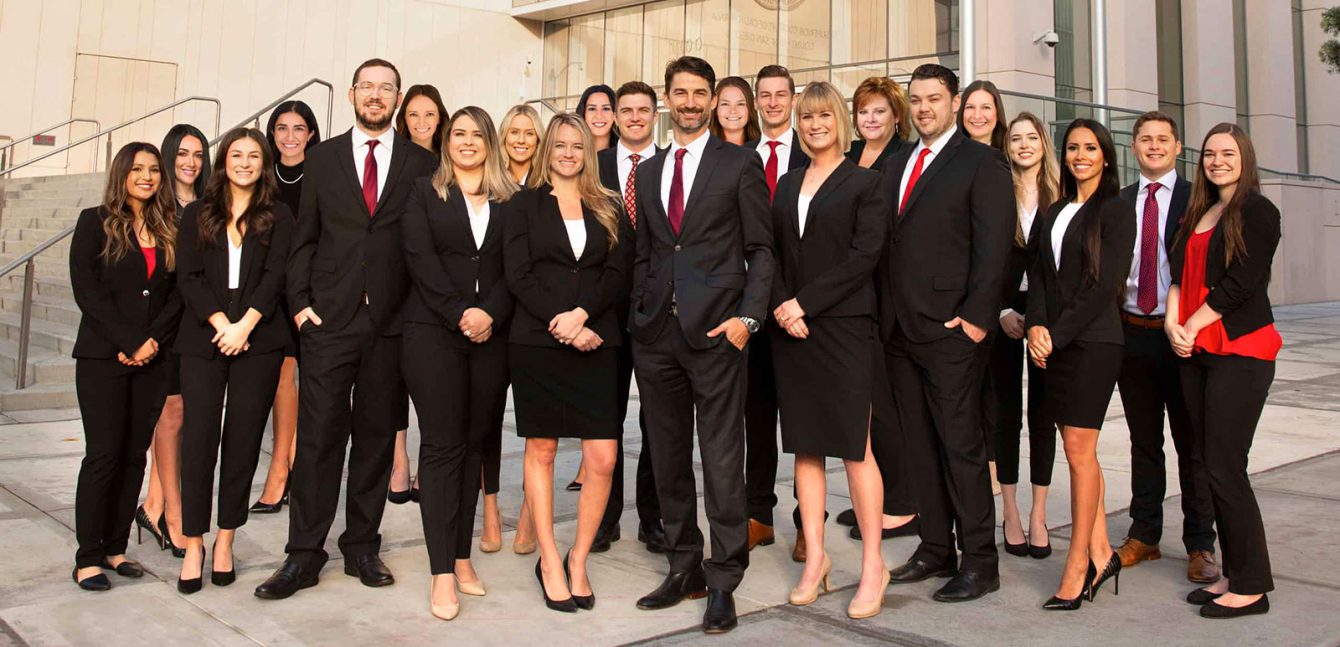Beyond the Courtroom: Alternative Dispute Resolution in Car Accident Cases

In the aftermath of a car accident, seeking compensation for injuries and damages often involves a legal process that can be time-consuming and adversarial. However, not all car accident cases need to be resolved through traditional litigation. Alternative Dispute Resolution (ADR) methods, such as mediation and arbitration, offer a more amicable and efficient way to resolve disputes outside the courtroom, with the guidance of a skilled Bronx car accident attorney.
Understanding Alternative Dispute Resolution (ADR)
Alternative Dispute Resolution (ADR) encompasses a range of processes and techniques designed to help parties in conflict resolve their disputes without going to court. ADR methods emphasize communication, cooperation, and compromise as alternatives to adversarial litigation. Two common ADR methods used in car accident cases are mediation and arbitration.
The Role of Car Accident Attorneys in ADR
Car accident attorneys play a crucial role in the ADR process. They provide legal expertise and guidance to their clients, ensuring their rights and interests are protected throughout ADR proceedings. Attorneys also help clients navigate the complexities of ADR agreements and advocate for favorable outcomes.
Mediation: Resolving Disputes Amicably
Mediation is a voluntary and confidential process in which a neutral third party, the mediator, assists the parties in dispute to communicate, identify issues, and explore potential solutions. The mediator does not make decisions but helps the parties reach a mutually acceptable resolution.
In a car accident case, mediation typically involves the following steps:
- Selection of a Mediator: Parties choose a qualified mediator with experience in car accident cases.
- Opening Statements: Each party presents their perspective and objectives.
- Negotiation Phase: The mediator facilitates discussions and helps parties explore settlement options.
- Reaching a Resolution: If both parties agree, a settlement is reached, and a binding agreement is drafted.
Mediation offers numerous benefits, including reduced costs, faster resolution, and a less confrontational atmosphere. Car accident attorneys play a crucial role by advocating for their clients’ interests during mediation.
Arbitration: A Quicker Alternative to Litigation
Arbitration is another ADR method in which a neutral third party, the arbitrator, acts as a decision-maker. Unlike mediation, the arbitrator renders a binding decision based on the evidence presented by the parties. Arbitration is typically faster and less formal than traditional litigation.
Key elements of arbitration in car accident cases include:
Selection of Arbitrators: Parties may jointly select an arbitrator or agree on a panel of arbitrators.
Presentation of Evidence: Each party presents their case, including witnesses and documents.
Arbitration Award: The arbitrator issues a decision, known as an arbitration award, which is legally binding.
Arbitration is often chosen for its speed, efficiency, and cost-effectiveness compared to courtroom litigation. Car accident attorneys represent their clients’ interests during arbitration, presenting evidence and arguments to support their claims.
Benefits of ADR in Car Accident Cases
Alternative Dispute Resolution offers several advantages when resolving car accident cases:
1. Reduced Time and Costs
ADR methods are generally quicker and less costly than traditional litigation, which can involve lengthy court proceedings and legal fees.
2. Increased Control
Parties have more control over the outcome and the terms of a settlement, leading to a greater sense of satisfaction with the result.
3. Less Adversarial Nature
ADR encourages cooperation and communication, fostering a more amicable resolution process that can help maintain relationships.
4. Customized Solutions
Mediation and arbitration allow parties to craft creative and tailored solutions that meet their specific needs and priorities.
5. Confidentiality
ADR proceedings are confidential, reducing the public exposure of personal and sensitive information.
When Is ADR Appropriate?
ADR is appropriate in various car accident scenarios, including when:
- Both parties are willing to cooperate and negotiate in good faith.
- There is a desire to maintain a more amicable relationship.
- Parties seek a quicker resolution to their dispute.
- Traditional litigation is cost-prohibitive or impractical.
However, it’s essential to consult with a car accident attorney to determine whether ADR is suitable for your specific case.
The ADR Agreement: What to Expect
Before proceeding with ADR, parties must agree to participate voluntarily. The ADR agreement typically includes key provisions, such as:
- The selection of a neutral third party (mediator or arbitrator).
- The process and timeline for ADR proceedings.
- The scope of the issues to be resolved.
- The confidentiality of the proceedings.
Both parties must consent to ADR as an alternative to litigation.
Preparing for ADR with Your Attorney
Preparing for ADR requires thorough groundwork, and your car accident attorney plays a pivotal role. Steps include:
- Gathering evidence to support your case.
- Assessing the strengths and weaknesses of your position.
- Setting clear objectives for the ADR process.
- Collaborating closely with your attorney to develop a negotiation strategy.
The ADR Session: What Happens
During an ADR session, parties engage in negotiations, facilitated by a mediator or presented to an arbitrator. The process includes:
- Opening Statements: Each party presents their perspective and objectives.
- Negotiation Phase: Parties discuss issues, explore potential solutions, and negotiate terms.
- Reaching a Resolution: If parties agree, a settlement is reached and documented.
Throughout the session, your car accident attorney will advocate for your interests and help you navigate the process effectively.
The Outcomes of ADR
The outcomes of ADR can vary:
Full Settlement: Parties reach a complete agreement, and the case is resolved.
Partial Agreement: Parties resolve some issues but not all, requiring further negotiation or arbitration.
Impasse: Parties are unable to reach an agreement, and the dispute may proceed to litigation.
It’s important to note that arbitration awards are binding, while mediated settlements are enforceable agreements.
ADR vs. Litigation: A Comparative Overview
While ADR offers numerous benefits, it may not be suitable for all cases. It’s essential to consider the advantages and disadvantages of ADR compared to traditional litigation. Factors such as the willingness of parties to cooperate, the complexity of the case, and the desire for a more collaborative approach can influence the choice between ADR and litigation.
Conclusion
Alternative Dispute Resolution methods like mediation and arbitration offer valuable alternatives to traditional courtroom litigation in car accident cases. With the guidance and advocacy of a skilled car accident attorney, individuals involved in car accident disputes can explore these avenues for resolution, leading to quicker, more cost-effective, and less adversarial outcomes. When considering ADR, consult with your attorney to determine the most suitable path for achieving a fair and satisfactory resolution to your car accident case.

